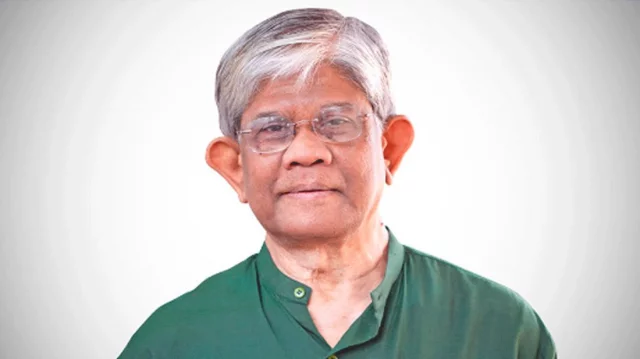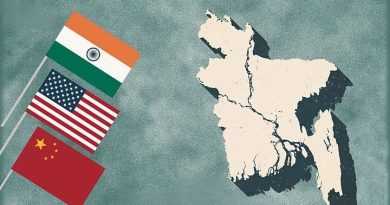Finance Adviser Dr. Salehuddin Ahmed has said that restoring business confidence is currently the most critical challenge facing the economy, amid persistent issues such as inflation, unemployment, energy shortages, and increased US tariffs.
Speaking to reporters on Wednesday following meetings of the Advisers’ Council Committee on Economic Affairs and the Committee on Government Purchase at the Secretariat, Dr. Ahmed said the interim government has managed to stabilise the economy from a near-crisis state, but cautioned that significant structural challenges remain.
“When the interim government took office, the economy was on the verge of collapse. We’ve brought it back to a position of relative stability. But the journey ahead remains tough,” he said.
“Inflation, unemployment, energy supply constraints, and tariff-related pressures persist,” he added. “Among these, regaining the confidence of businesspeople and accelerating trade and commerce is the most urgent.”
Responding to a question on inflation, the finance adviser said while inflation has started to decline, particularly food inflation, non-food inflation remains stubborn. “Inflation doesn’t fall overnight. We’re making progress, but non-food prices are proving more difficult to bring down,” he said.
Regarding the fiscal situation, Dr. Ahmed said the provisional budget deficit stands at 3.6 percent of GDP, well within the government’s 4.5 percent target.
He noted that while some reform measures have already been implemented, several key reforms—including a bank resolution framework, capital market development, and amendments to the National Board of Revenue (NBR) ordinance—are expected to be completed by December.
On the trade front, Dr. Ahmed acknowledged that the recently imposed 20 percent reciprocal tariff by the United States on Bangladeshi exports presents a challenge. However, he said Bangladesh remains competitively positioned relative to other countries.
“This 20 percent tariff is not ideal, but compared to others, Bangladesh is not at a major disadvantage,” he said, adding that the government would continue to engage with the US to seek further tariff concessions.






